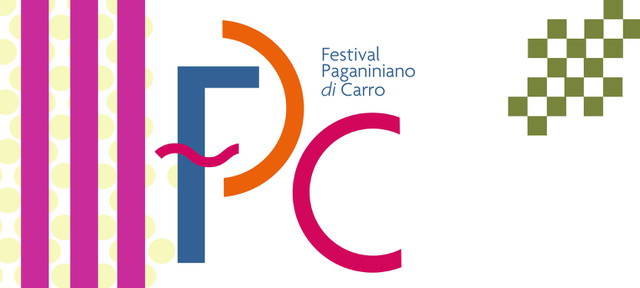The Mediterranean Diet is not a Lie – Paganini non Ripete 292
The Mediterranean diet is under attack. The Government’s food nationalism has triggered ideological and commercial accusations that reduce it to a mere food myth. But the Mediterranean diet is much more than a list of products and typical dishes: it is the method of balance, a synthesis of the key factors of the Mediterranean lifestyle dating back to ancient Greece, but today it is less and less followed. This is why it is essential to protect, promote, and recover it to live better and longer.
The Mediterranean Diet is not a Lie
It is an ideological and commercial response to the food nationalism of the Italian Government, which exploits the Mediterranean diet for propaganda and economic purposes.
- Both sides are wrong. The Mediterranean diet is more than a list of typical products and recipes: it is a lifestyle rooted in balance, something the world admires. This is what earned it recognition as an intangible cultural heritage by UNESCO.
READ IT AGAIN: PAGANINI NON RIPETE 292, SCIENCE Vs IDEOLOGY
- This balance is key to tackling modern challenges such as obesity, public health, and sustainability.
READ IT AGAIN: THE OPEN SCHOOL
- But the link between diet and health is much older. As early as the 5th century B.C., Hippocrates understood that what we eat profoundly influences our well-being.
PAGANINI NON RIPETE 289: WELCOME TO THE AGE OF PERSONALIZATION
- In ancient Greece, “diet” literally means “way of life.”
NOT JUST FOOD, BUT A LIFESTYLE Reducing the Mediterranean diet to food or recipes is a serious mistake. Its dishes have evolved over time due to:
For centuries, Mediterranean communities lived with calorie deficits, compensated by hard labor in fields and factories.
- The Mediterranean diet has not survived because of individual foods but as a method passed down for generations, even during periods of hunger and poverty.
This balance held strong until the post-war economic boom, when calorie abundance and consumerism gradually eroded the Mediterranean method and its core principle: balance.
The problem is not our food but the loss of balance. Children are gaining weight because:
- They consume too many calories, now widely available,
- They burn too few calories due to an obesogenic environment with little free play or physical activity.
- They are exposed to media pressure, psychological issues, food deserts, and more.
The Mediterranean lifestyle is no longer being passed down. It has been replaced by models that promote excess or deficiency, fostering eating disorders and widespread imbalances.
READ FRESH IDEAS AGAINST FOOD WASTE – PNR 286
- These tools can help us personalize nutrition and monitor our physical and mental balance, fostering a tailored and balanced lifestyle for each individual.
- The future of Mediterranean living does not lie in standardization but in personalization that respects our cultural heritage.
- Foods can change, but the true Mediterranean lifestyle remains.
- It is the greatest gift we can give our children: teaching them balance and passing down a legacy of health, culture, and well-being that the world admires.






